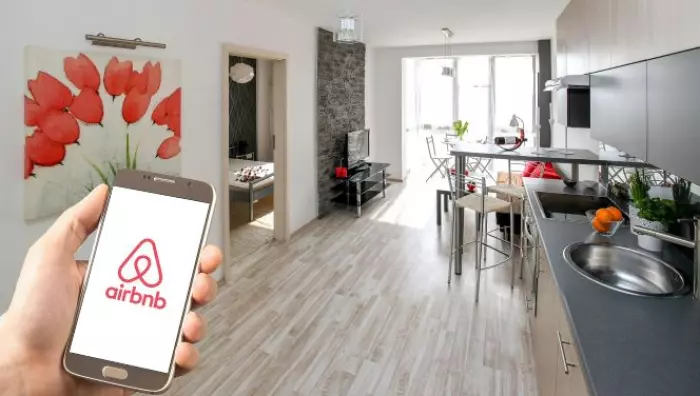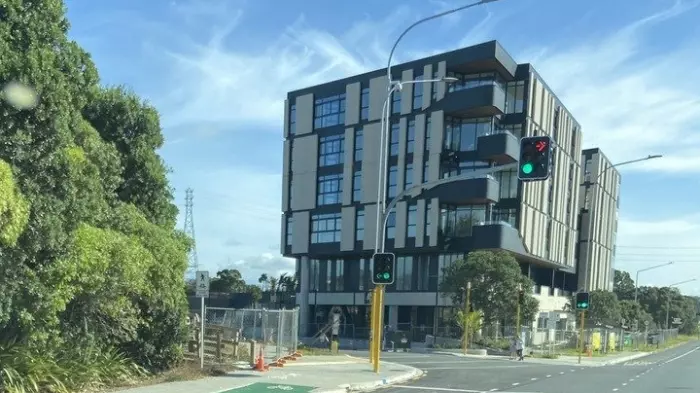Airbnb says levying goods and services tax on hosts earning less than the normal GST threshold will unfairly ping New Zealand holiday home owners an extra $500 million a year.
The online peer-to-peer booking platform wants the 'app-tax' – due to be introduced next April – repealed, with an ‘opt-in’ tourism levy set up as part of a national framework to regulate short-term rentals.
Hosts currently pay GST if they earn more than $60,000 per year from their short-term rentals – in line with what small-business owners pay.
However, Airbnb said that most of its hosts aren’t GST registered because they don’t meet that threshold.
A pre-pandemic report by Deloitte Access Economics into the economic effects of Airbnb in NZ, said the median income of $4,400 in 2017, across 578,000 stays booked locally – $781.4m in total spend – accounted for about 2.8% of all tourism expenditure that year.
According to data from Infometrics, peer-to-peer guest spending accounted for about $2.5 billion in spending in 2019, or one-fifth of tourist spending, while an in-house survey by Airbnb last year said about 40% of the 1.6 million guests staying at its listed properties in NZ were international.
Airbnb's head of public policy for Australia and NZ, Michael Crosby, said the NZ industry faced a “labyrinth” of complex red tape which varied across the country's 67 different councils.
Sliding scale approach
Crosby said short-term accommodation makes up a “substantial portion” of the $149m in anticipated annual savings of streamlining unnecessary bureaucratic measures under the current resource management system.
The proposed Airbnb framework is built on the establishment of a code of conduct, data sharing with the government and the establishment of a “sliding scale” of regulation for people who want to share their homes.
Its proposed visitor levy, which councils will have the option of introducing, will help tourism-heavy regions respond to the infrastructural challenges in high-tourism areas presented by the tourism load, it said.
In its policy white paper, Crosby said the international group viewed tourism levies as a “fair and sustainable way to raise revenue for local communities, especially in areas of high tourism, as they broaden the revenue base without imposing additional burden on local ratepayers or businesses.”
Long term issue
But to be equitable, the levy would need to be equally applied across all types of accommodation and platforms, it said.
James Doolan, strategic director of the Hotel Council Aotearoa, said the issue has been “bubbling along” for a while now but was still largely being ignored by the relevant government agency, the Ministry of Business, Innovation and Employment.
Doolan said there was a clear need for better regulation of the short-term rental accommodation market – led by Airbnb, Bookabach, Bachcare and Holidayhouses.co.nz – which was "consistent in a country the size of New Zealand".
“A national framework is the only logical approach to the problem, since local councils simply don’t have the capability to design their own regulatory regimes.”
Airbnb, for its part, said it collected and remitted US$1.9b (NZ$3.1b) in tourism taxes in the US last year, and C$177m (NZ$219m) in Canada.
Airbnb’s Crosby said, to date, short-term accommodation management had been a “patchwork quilt” of regulation, with potentially 67 different approaches.
That, for example, saw Auckland Council’s targeted rates model, based on capital building values, end up in an expensive legal battle, while Queenstown’s “suite of measures” has proved extremely time-consuming and complex.
Christchurch’s ‘plan change 4’ also has “onerous” red-tape obligations on even the most basic forms of short-term hosting, he said.













